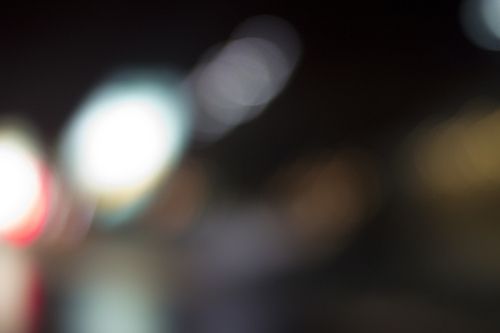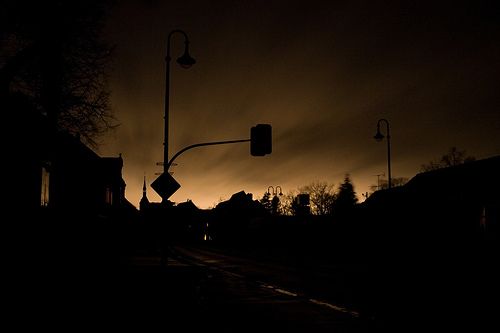
Then she started screaming, and that’s when I asked myself what I was doing there at all. It was someone else’s idea, but it was either that or stay home Saturday night.
Horror movies were never my choice. These days I don’t like them because they’re just not very good movies. But when I was a kid, before I became preoccupied with their vacuous production values, I didn’t like them because they scared me.
Back then too, I would never see a horror movie out of my own volition. But you know how peer pressure and sleepover politics work when you’re a pre-teen. You do things you don’t really want to do, and I’d occasionally end up in front of one.
“People like to be scared,” was the stock answer whenever I’d ask why the hell anybody would voluntarily sit through something like Slumber Party Massacre II, but I don’t ever remember enjoying being scared, at least not then.
So in those early years, before I lost my ability to lose any part of myself in a bad movie, those occasions were almost guaranteed to be unpleasant experiences. But eventually I figured out a cure.
It was so simple, and it worked for so many other unpleasant bits in life. Enduring horror movies effortlessly was the least of it. Later I would use it to get through boring speeches without looking at my watch, sit through embarrassing moments (think marriage proposals at public sporting events) without cringing, and eventually to discover who I really was and what it really means to be human. But I’ll get to that.
The trick
The technique didn’t come to me right away, it evolved in a couple stages.
The most obvious way to get through a scary movie was to do your best not to watch it. Any time spent getting Tahiti Treat from the fridge, or making sarcastic remarks (until you get shushed) was time not spent actually watching the movie. But this technique isn’t always possible, tends to annoy others, and it’s pretty obvious to other people what you’re trying to do.
So one time, I happened to be wearing a baseball cap, and I put it low enough on my head so that the beak of the hat drooped over half the screen. It still looked like I was watching it fearlessly, but I was only seeing people’s legs, which wasn’t scary at all. I didn’t always block the nasty bits of the image, because sometimes a butcher-knifed delivery boy would drop into view, but it still broke the effect of the movie almost completely. By seeing only half the screen, only about 10% of the scariness made it through to me. Totally manageable.
But I didn’t always have a hat, and it still would probably look pretty conspicuous to anybody who bothered to look. Then one day it occurred to me — a way to watch the movie without being affected by watching it.
I would go ahead and watch the movie, and whenever I was getting a bit freaked out, I would cross my eyes just slightly enough to blur the scene, and the scariness was gone, instantly. It’s like it sucked me right out of the psycho-clown world and back into the unthreatening basics of the moment: an unlit living room with some other kids, watching a low-brow movie for kicks. Read More



 I'm David, and Raptitude is a blog about getting better at being human -- things we can do to improve our lives today.
I'm David, and Raptitude is a blog about getting better at being human -- things we can do to improve our lives today.
I highly recommend a consistent, daily meditation practice! For years I was interested in meditation, but never did much more than read a lot about it, and think a lot about it... but that doesn't hold a candle to actually sitting and meditating every day. I find it helpful to keep...